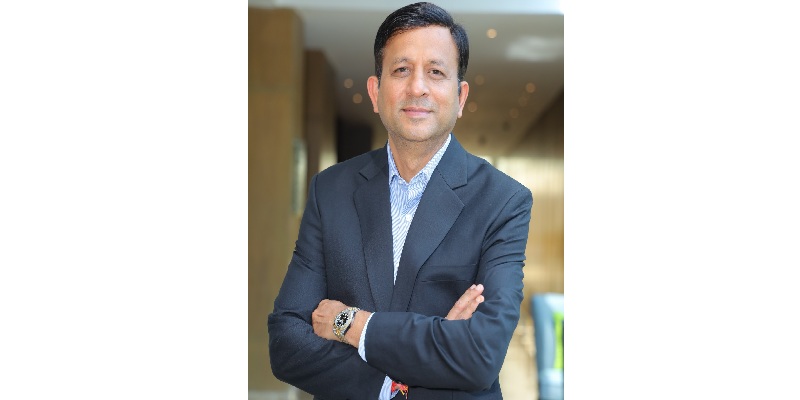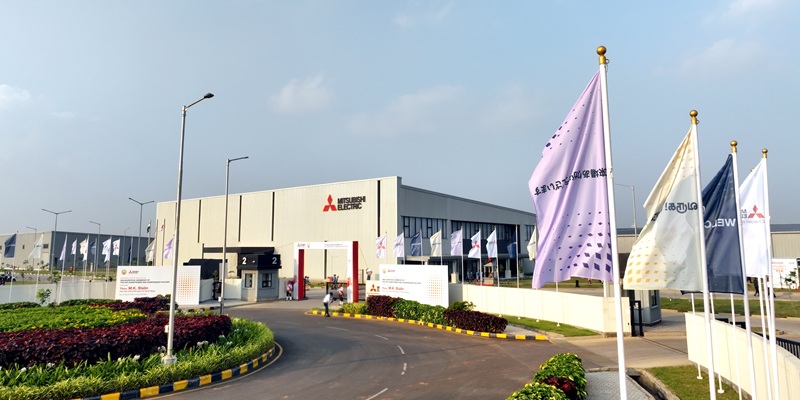Schedule a Call Back
The Indian tooling industry is in a high growth phase
 Interviews
Interviews- Mar 29,23
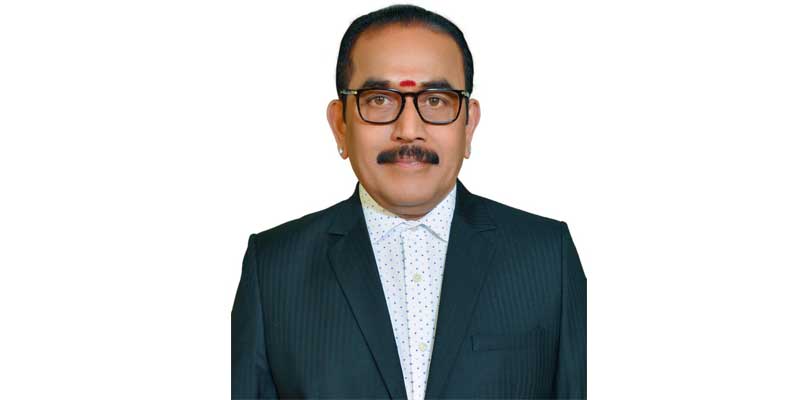
Established in 1990, Tool and Gauge Manufacturers Association of India (TAGMA India) is an all India association serving as a forum for the Indian Tool Room and Die & Mould Industry. In this interview Devaraya M Sheregar, President, Tool & Gauge Manufacturers Association of India (TAGMA India) & Managing Director, Devu Tools Pvt Ltd shares some insights on the current state of the Indian tooling industry, challenges for the toolmakers, opportunities for toolmakers in automotive industry along with emerging sectors and future prospects.
What is the present status of the die and mould industry in India?
The tooling industry plays a critical role in the manufacturing value chain by providing dies and moulds needed for the mass production of various parts and thereby forming the backbone of industrial growth. As per the latest Indian Tooling Report compiled by TAGMA India and Nomura Research Institute, the market size of the Indian tooling industry stands at approximately INR 18,000 crore, with around 70 per cent of demand being met domestically and 30 per cent from imports. In terms of types of moulds, plastic moulds are the biggest segment accounting for 42 per cent of total demand, followed by sheet metal dies at 37 per cent. More than half of the total demand is attributed to the automotive and auto components sector. Most major global auto manufacturing hubs have a strong domestic tooling industry with India being a notable exception, where a significant portion of tool demand is still met via imports.
With the increase in a variety of products and shortening product life cycles across the globe, worldwide demand for tooling is well poised to grow significantly in future. Countries with superior capabilities and capacities in tooling will be at an advantage. Hence, it becomes even more important to facilitate the growth of Indian tool makers and enable access to new customers beyond national borders. Tooling localisation would also result in many economic benefits such as employment creation, development of indigenous machine makers, better R&D landscape and more efficient supply chains. Therefore, the time is ripe to deep dive into the hurdles to the growth of Indian tool makers and the measures required to tackle these hurdles.
What are the key challenges before the die and mould industry?
There are currently six major obstacles that are impeding the growth of the Indian tool room:
As you see most of these challenges are related to the policies. In my opinion, we are among the best when it comes to making tools but we need some policy support from the government to grab bigger opportunities and reduce imports.
The automotive and auto component industries have shown good results so far. How is it propelling demand for dies and moulds? Do you see the demand trend continuing in the coming months?
Automotive has been and will continue to be the largest consumer of tools and die in the coming years. For toolmakers, automotive is the largest end-user accounting for 60 per cent of the total demand, followed by consumer durables at 16 per cent. The industry has bounced back after the pandemic and showing great sales figures. It is indeed a great sign for the component suppliers and toolmakers. Trends such as lightweight, EV, localisation, electrification of automotive, and safety & security norms are some of the trends in the automotive industry which are driving the demand for toolmakers. We expect these trends to continue in the coming years.
What will be the effect of the growing electric vehicle industry on the demand for dies and moulds?
EVs are the biggest trend among the automotive OEMs globally and the whole eco-system is preparing for the same. As toolmakers, we see EVs as an opportunity, especially for plastic moulds and injection moulding components. Of course, with the emergence of EVs, engines and related parts won’t be needed but there will be a whole lot of new components that toolmakers can target and generate good business. In the EV, the usage of engineering plastics is very high and it is a great opportunity for plastic injection mould makers, apart from batteries and related components such as battery casing etc will be added components. So, we see companies that are very much focussed on the engine and power train-related components might have to face the challenge in long term but otherwise, it’s a huge opportunity for toolmakers.
What kinds of new opportunities can non-automotive areas (such as infrastructure, defence, railways, renewable energy, etc) present to the die and mould industry?
In the last few decades except the very last one we see that most of the manufacturing is happening around the automotive and general engineering industry which is one of the biggest reasons why Indian toolmakers are so much dependent on the automotive sector. But since the beginning of last decade especially the last 5-6 years we are seeing great movement from non-auto sectors such as aerospace, defence, consumer goods, packaging, white goods, toy making, construction equipment, and agriculture equipment, among others. These industries are on the constant rise in India and they will need a tool. This is a great opportunity for us toolmakers but we need to prepare ourselves in terms of skill sets and infrastructure to serve these industries.
The pandemic has taught us that we need to diversify for a sustainable future. I see many companies exploring other sectors also to expand their business.
What are key trends to watch out for in the die and mould industry in the coming years?
The Indian tooling industry is in a high growth phase, and I expect this to continue in the coming days as well. After the challenging COVID-19 time, I see the following trends emerging in the industry:
What is your outlook for the Indian die and mould industry in the next 2-3 years?
The growth of the die mould industry is highly dependent on the growth of the manufacturing industry and we all know for the last 10 years or so how the Indian manufacturing industry has performed. The tooling industry around the world depends on the automotive industry and the Indian automotive industry has grown to become one of the largest in the world in all segments. The growth has positively impacted the tooling business in India. Apart from this, we are seeing the emergence of many sectors in India such as aerospace, defense, white goods, consumer durables, packaging, medical equipment, and railways, among others which will have a direct impact on the tooling business. We feel, that since the last decade, the industry is growing double-digit and will continue to grow in the coming years as well. I also feel the above-mentioned industries are going to play a huge role in the growth of Indian toolmakers in the coming decade.
The current scenario demands disruption in the way we do business be it production, sales, marketing, or sourcing. The pandemic has taught us many things. Going digital is no more an option but a compulsion. For a long time, Industry 4.0 and smart manufacturing were buzzwords, now the time has come to make them a reality. We must adopt futuristic technologies to be able to compete globally. I feel that toolmakers should upgrade their facility, adopting the latest technologies and diversifying to other emerging sectors.
Related Stories

India is at a pivotal ‘Make in India’ inflection point: Manoj Patil
In this interview, Manoj Patil, Promoter and Managing Director, Patil Automation Limited, outlines its growth journey, capacity expansion, acquisitions, design-led approach, market challenges, and t..
Read more
Manufacturing Excellence in the Age of Integrated Automation and Industry 4.0
Manufacturing leadership is shifting from scale-driven efficiency to integrated, data-led systems that deliver resilience, sustainability and enterprise-wide performance through Industry 4.0 and aut..
Read more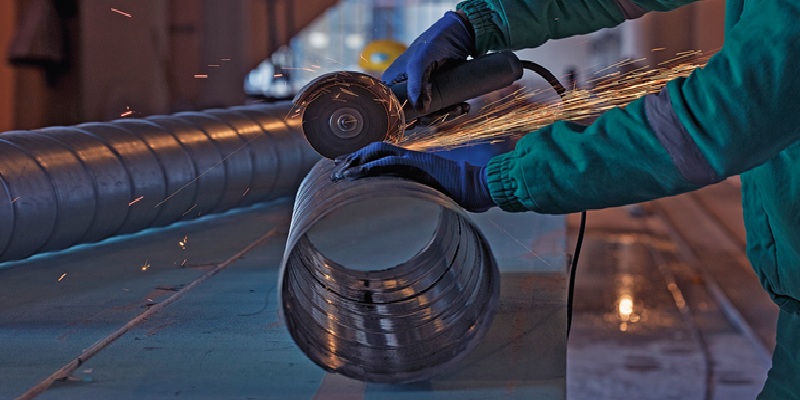
Resilience in Metal: Forging the Make in India Future in a VUCA World
The article examines how India’s stainless steel sector can turn global volatility, CBAM and supply risks into strategic advantages through sustainability, quality enforcement and digital transfor..
Read moreRelated Products
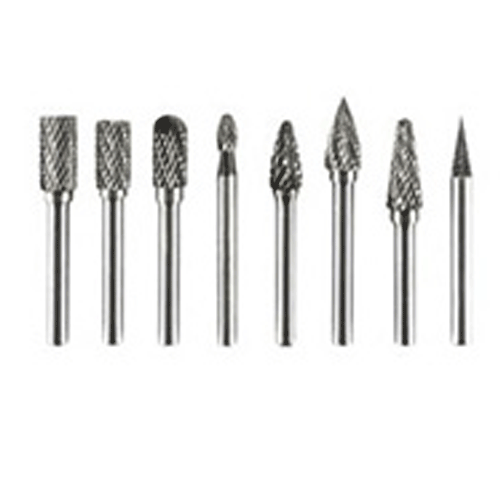
Carbide Burrs
SRT Industrial Tools & Equipments offers a wide range of carbide burrs.
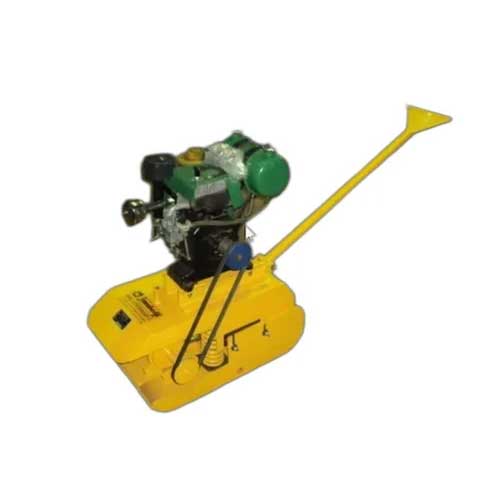
Jamshedji Soil Compactor
Jamshedji Constro Equip Pvt Ltd offers a wide range of jamshedji soil compactor.
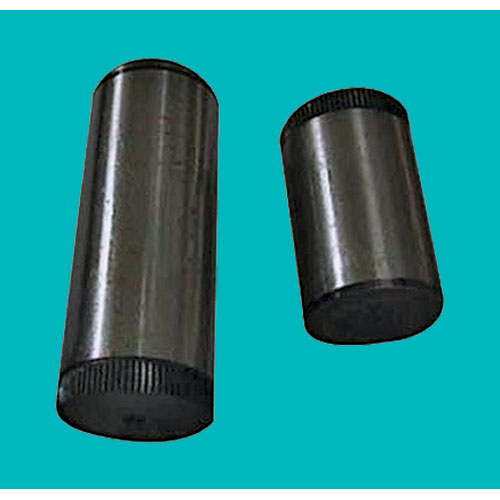
Ground Pins
Hans Machineries Private Limited offers a wide range of pins, hardened & ground. Read more






